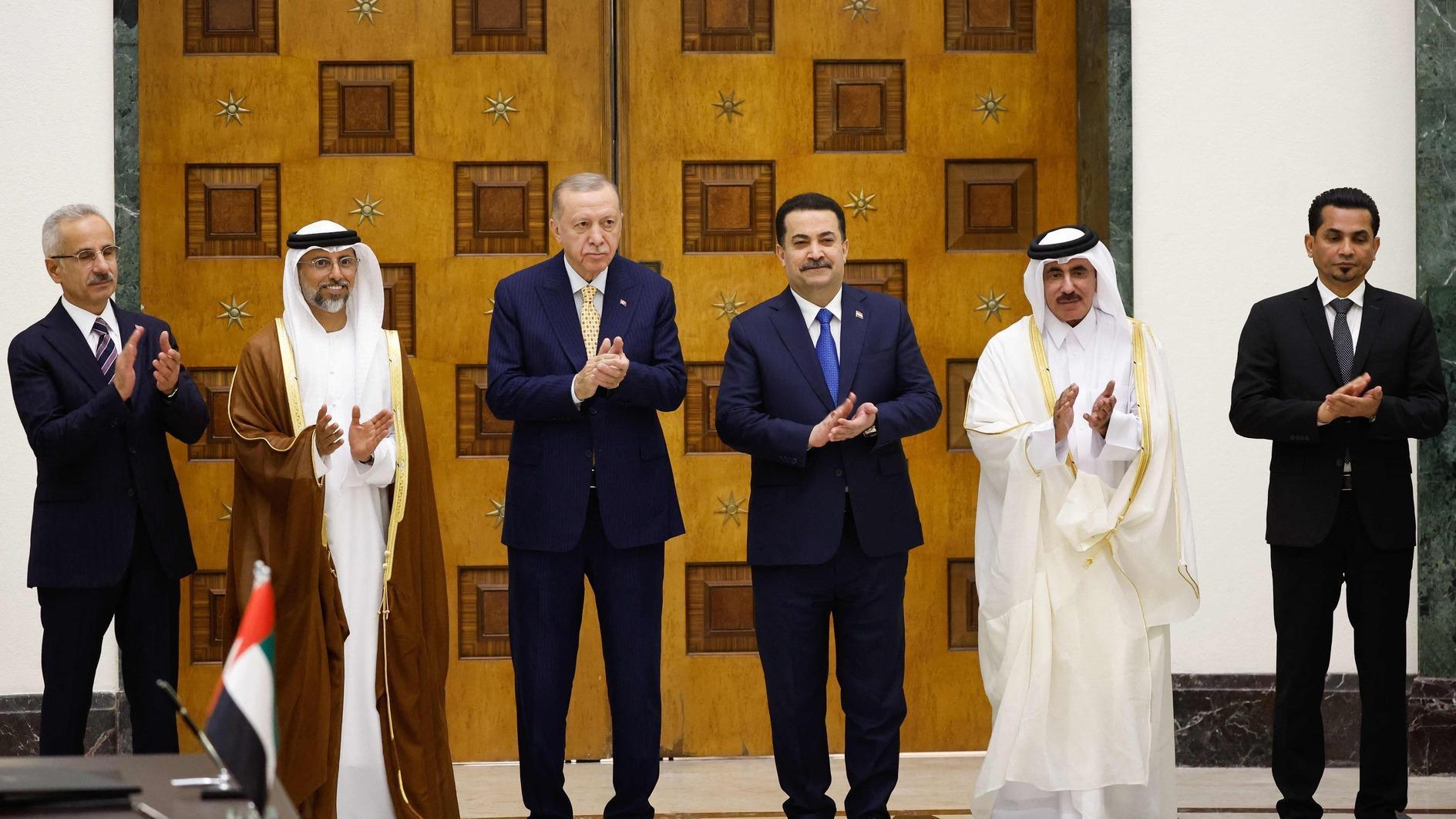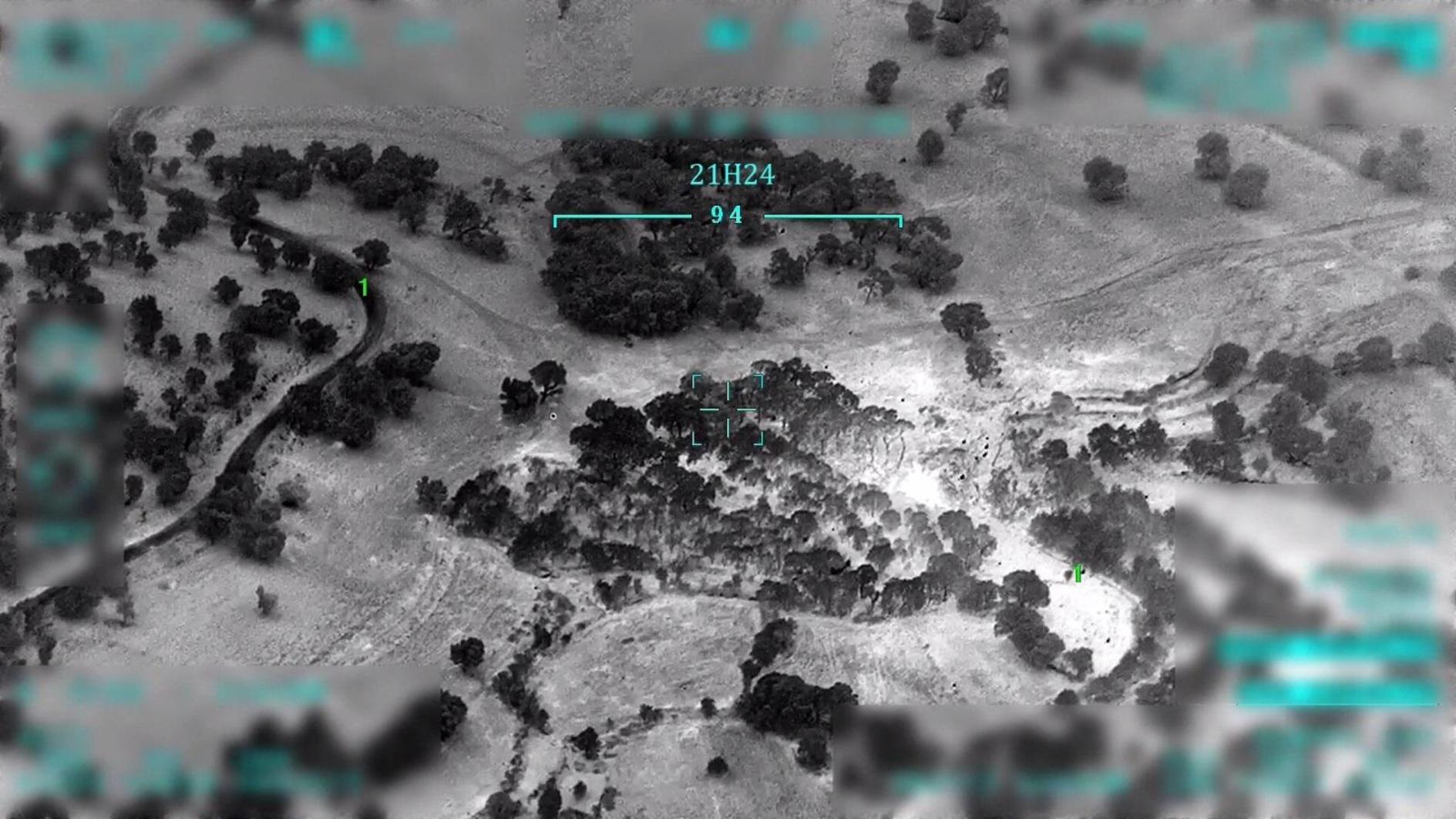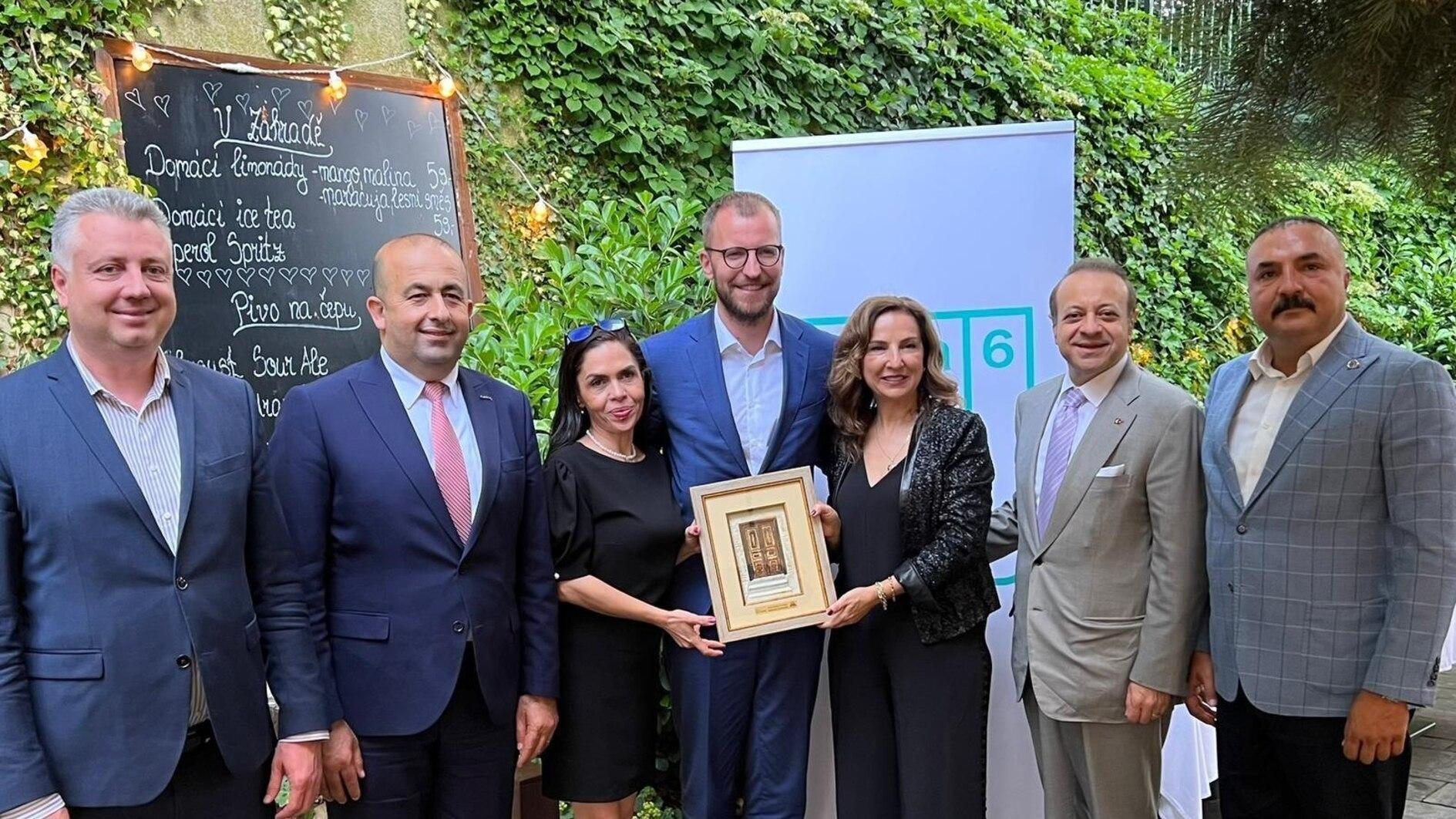The post-oil economic environment in Azerbaijan
Orkhan Bagirov*
The decline of global oil prices since mid-2014 has had a significant impact on Azerbaijan’s economy by undermining the medium-term growth and stability of the financial sector. According to Moody’s, hydrocarbon revenues account more than 90 percent of Azerbaijan’s total export and more than 30 percent of GDP, which makes the impact of oil price fluctuations remarkable. Therefore growth in 2015 declined by 1.1 percent and it is expected to turn negative (-2.4 percent) in 2016.Decreased revenues from oil exports made the Central Bank of Azerbaijan (CBAR) abandon its peg of the Azerbaijani manat to the basket of dollars and euros and devaluate the local currency twice during 2015. This led to a more than 80 percent depreciation of manat against the dollar. The devaluation promoted the government’s fiscal performance however it has had adverse effects over the domestic purchasing power of population, thus increasing the inflation level up to 10.6 percent. Given the large amount of outstanding foreign-currency denominated and the unhedged loans, the currency devaluation deteriorated the banks’ asset quality due to the increasing debt burden of borrowers. Loss of confidence in the manat lead to foreign-currency-denominated deposits reaching 82 percent of total deposits at the end of 2015, limiting the CBAR’s potential to influence domestic monetary conditions. The disproportion between foreign currency assets and liabilities increases further currency risks for banks.
Significant measures were taken to suppress the emerging turmoil in the bank system. The minimum capital ratio was lowered from 12 percent to 10 percent. CBAR prevented speculations in the currency market by setting a limit on the currency exchange rate corridor within 4 percent of the official rate and introduced limits on the amount of foreign currency exchange.
Amidst the ongoing crisis, the government of Azerbaijan shifted its oil-oriented economic policy, dominated for two decades, to the diversification of the economy. For that purpose, a “national strategic roadmap” was adopted to formulate a correct development strategy. The implementation of the “national strategic roadmap” was assigned to the newly formed “Center for Analysis of Economic Reforms and Communications,” the aim of which is analyzing the effectiveness of conducted reforms and making new proposals. Another important structural reform was the establishment of the “Chamber for Control over the Financial Markets” to reinforce more strict, transparent and flexible control over the financial sector by improving the regulation and fighting against illegal financial activities.
As the part of broader measures for the development of the non-oil sector, the government of Azerbaijan plans to create a free trade zone-type economic area in the Alat district, which will include the territory of the new Baku International Sea Trade Port. A free trade zone will lead to full exploitation of the country’s transit potential and will strengthen Azerbaijan’s international position as a logistics and transport hub. Azerbaijan signed an agreement with Dubai Port World to provide consulting services for the establishment of a free trade zone.
Azerbaijan is also intensifying negotiations on accession to World Trade Organization (WTO). In the recent meeting in July with the WTO, Azerbaijan reaffirmed its commitment to accede to the WTO and to enact all possible measures to intensify the process. Within the framework of the accession process Azerbaijan adopted a new law on anti-dumping, safeguarding and countervailing measures.
Significant measures have been taken in custom services and taxation as well. As of Aug. 1, new regulations to ensure more operative and transparent custom clearance (a “green corridor” and other access systems) were implemented. The new simplified procedures will stimulate imports and will provide favorable conditions for business and external trade. As a continuation of reforms in customs, the reception of e-declarations to avoid the “official-citizen contact” is being carried out. In order to amend the existing tax system, the decree approving the “Directions of Reforms in Taxation for 2016” was signed. The presidential decree requires the Ministry of Taxes to ensure that on-site and off-tax audits are performed within short periods of time and extend the coverage of electronic tax audits to limit face-to-face contacts with taxpayers. Another important amendment on monopolistic actions was made to the Criminal Code. Based on new changes, penalties are doubled and monopolists can face deprivation of rights for certain activities and imprisonment for up to three years.
Despite the ongoing economic recession, the government retains sizeable fiscal reserves, especially foreign currency assets of the State Oil Fund (SOFAZ), which could help to cope with fiscal challenges and monetary downturn. The liquid fiscal reserves grant time to adjust to low oil prices by offsetting fiscal vulnerabilities. Despite declining by 5.4 percent to $35.12 billion in the first half of current year, SOFAZ’s foreign currency assets remain very large, maintaining the government’s capacity for high shock absorption.
It is expected that recession to be short-lived, recovering to economic growth in 2017, partly due to positive effects of investments in gas projects. It is expected the GDP will growth 1.4 percent and the non-oil sector about 2.4%. Over the long term, Azerbaijan will benefit from production from the new gas fields, as well as from its Shah Deniz field’s Stage II (which will deliver Caspian gas to Europe through the Southern Gas Corridor), which is expected to come online in 2018.
*Orkhan Bagirov is an expert in the Economic Analysis and Global Affairs Department, Centre for Strategic Studies under the President of the Republic of Azerbaijan











